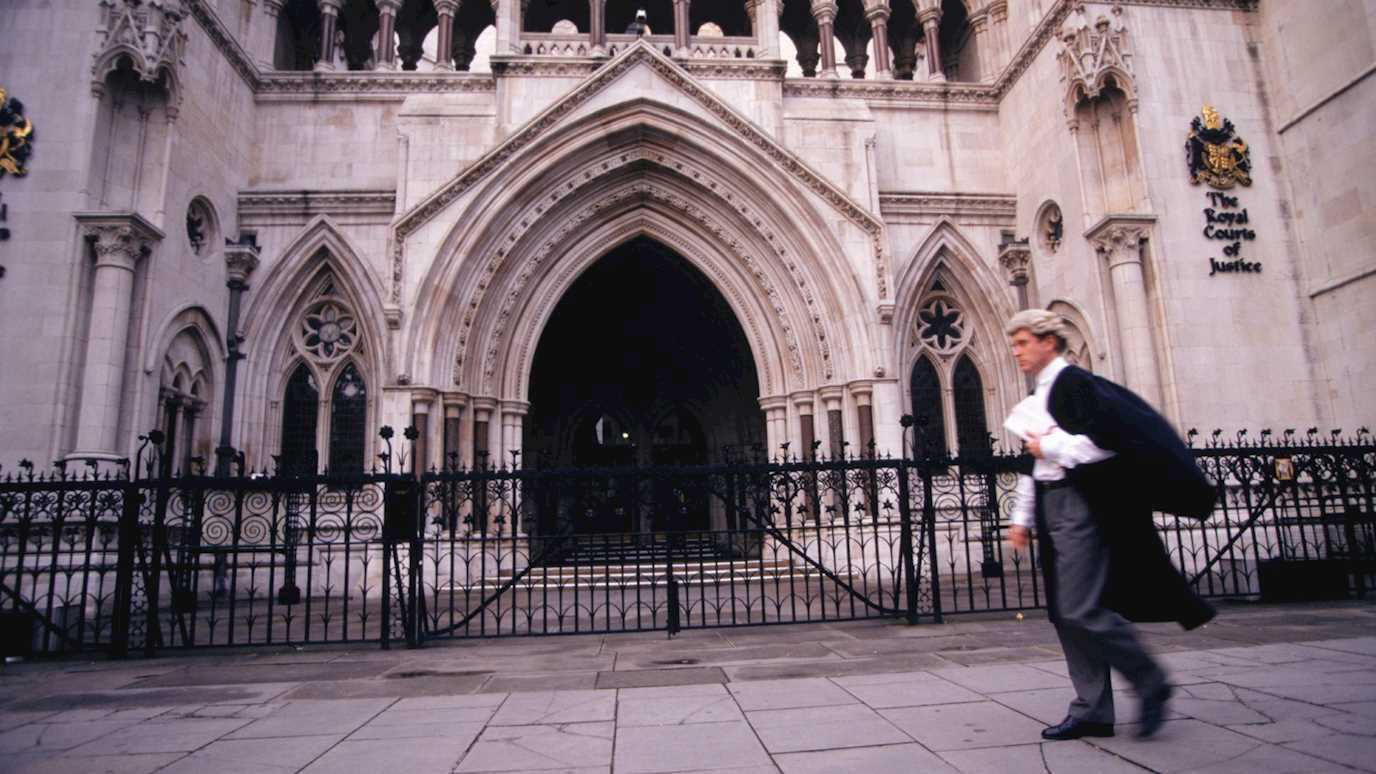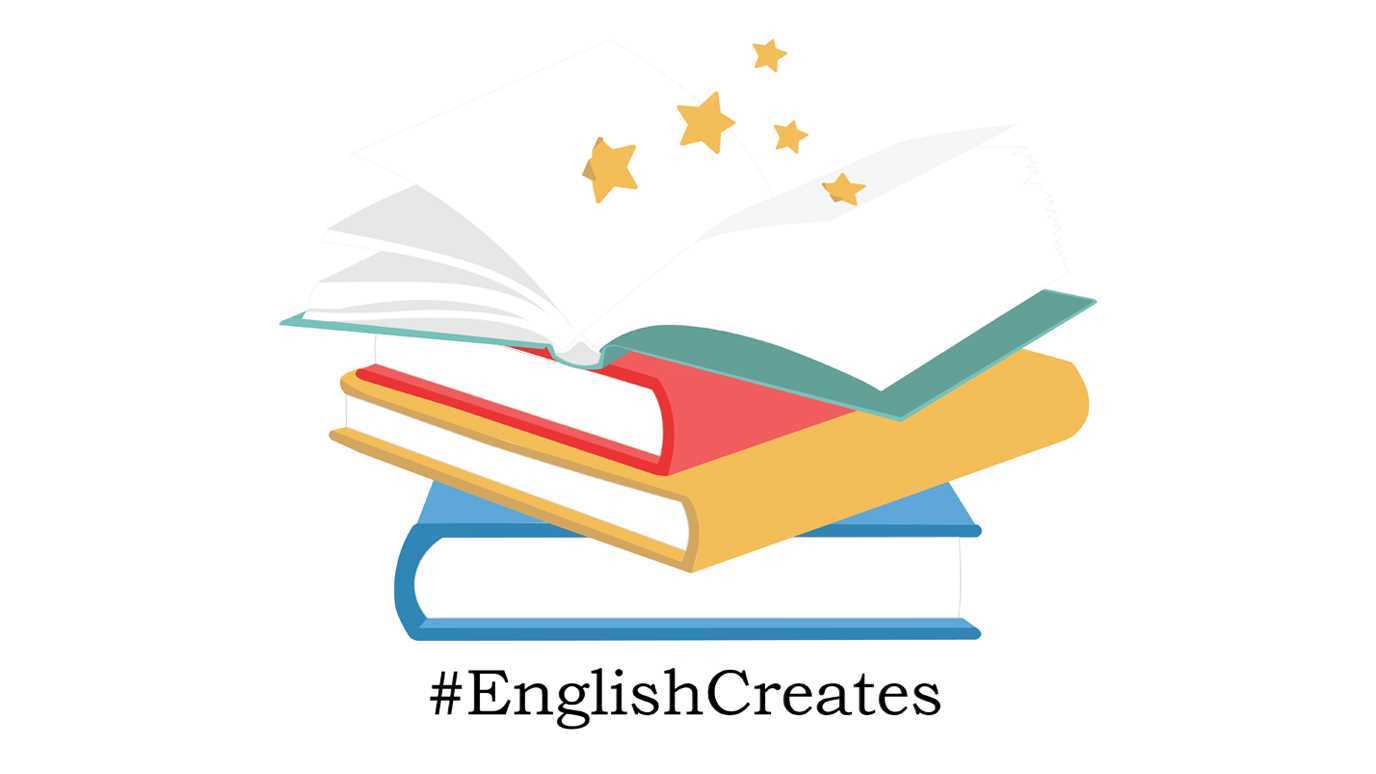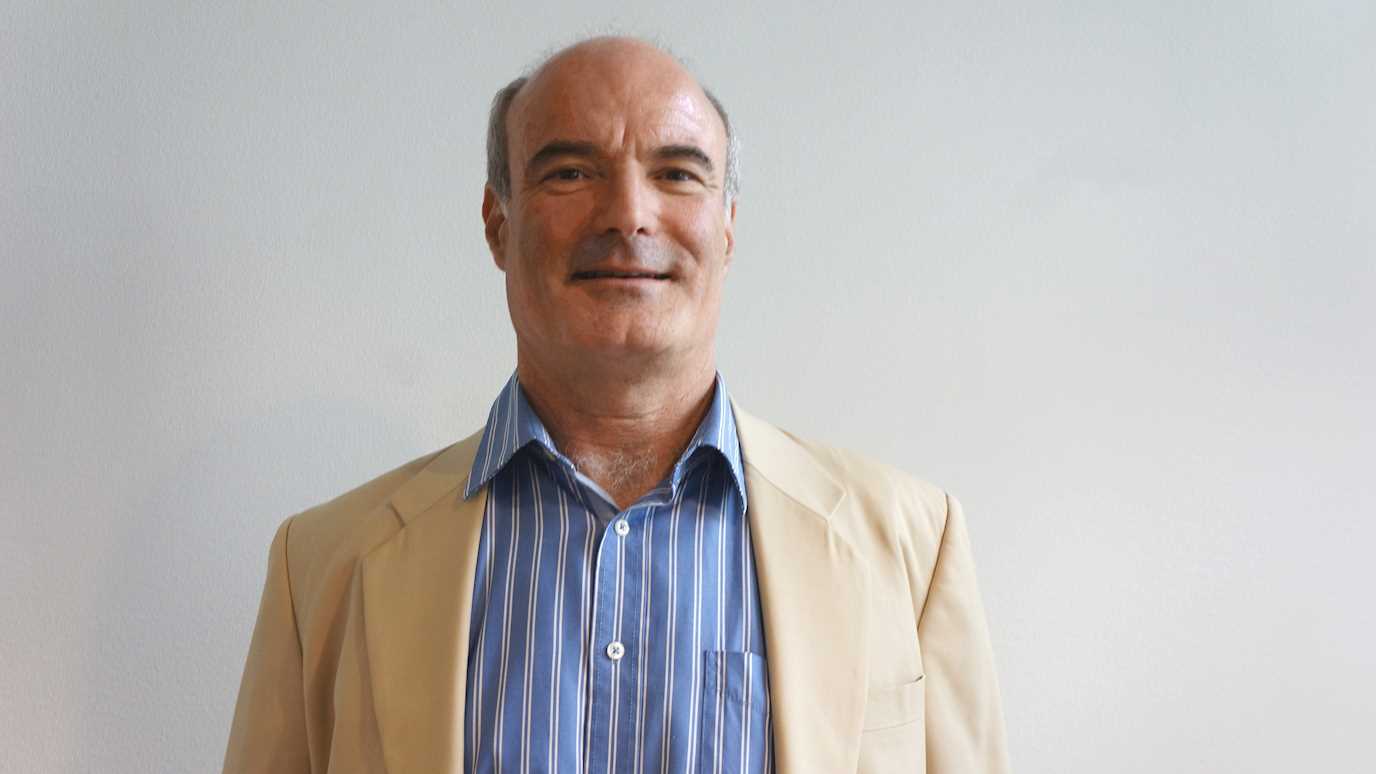Social media messaging apps are playing an ever increasing role in the drugs economy, according to new research from Royal Holloway, University of London.

In the first study of its kind, Dr Leah Moyle from the School of Law at Royal Holloway, working in collaboration with academics from the University of Liverpool and Griffith University, explored the way in which smartphones are revolutionising the way people buy and sell drugs in the digital age.
Their findings have been issued in their recently published paper, #Drugsforsale: An exploration of the use of social media and encrypted messaging apps to supply and access drugs.
The research team conducted an international online survey of over 350 drug users, aged between 18 to 60 years old (with the average age of participants at 18 years old) which revealed that more than three quarters (76%) of respondents said they regularly used Snapchat for buying drugs, whilst 21% favoured the image sharing site, Instagram.
The research concludes that the combination of social media platforms as advertising spaces and encrypted messaging apps has opened up a relatively easy and safe space for the drugs economy to flourish.
The research recognises that online drug dealing is nothing new. Since the early noughties, much of the trade has moved online to the ‘dark web’ and cryptomarkets – an online marketplace that relies on anonymising technologies and cryptocurrencies, such as Bitcoin, to buy and sell drugs.
Such methods, however, often involve complex technologies that require specialist knowledge to navigate, therefore reducing accessibility. In contrast, apps such as Instagram, Snapchat and encrypted messaging services like WhatsApp can provide an easily accessible platform that quickly connects buyers with commercial drug suppliers.
The wide range of substances available through apps is an important feature with 64.5% of those surveyed having used apps to purchase cannabis, followed by LSD (7.9%) and ecstasy (6.5%).
Apps also provided a market space to obtain prescription medicines such as opioids and benzodiazepines as well as other substances, which can’t easily be accessed through street dealers.
This perceived benefit of apps was echoed in the 27 in-depth interviews carried out, with several participants claiming that accessibility to a wide variety of substances was one of ‘the best features of the apps,’ and that they wouldn’t be able to buy certain drugs ‘any other way.’
The study also suggests that for some buyers, the visual nature of apps and the ability to be able to see photos and videos of the drugs provided some assurance that the seller was legitimate and that the substance was safe. However, as Dr Moyle points out, this is concerning as ‘wider pharmacological research has long shown that the quality and safety of substances can only be measured through forensic testing and is not accessible through taste, smell or sight’.
As well as convenience, there is a shared belief among drug users that the security features associated with apps, such as encrypted messaging and disappearing content, could protect them and allow them to remain anonymous.
However, these features don’t always equate to security and total anonymity with many third party apps gathering data from social media notification systems.
Speaking of her research, Dr Moyle from Royal Holloway, said: “Whilst our results show that buying from a known and trusted person is still the preferred access method for most drug users, it seems likely that app-usage will continue to grow in this market, especially amongst young people.
“Considering the popularity of apps and their potential to provide access to the wider commercial drug market, educating people of the possible risks of purchasing unknown substances from strangers on social media platforms is clearly both critical and urgent.”

























